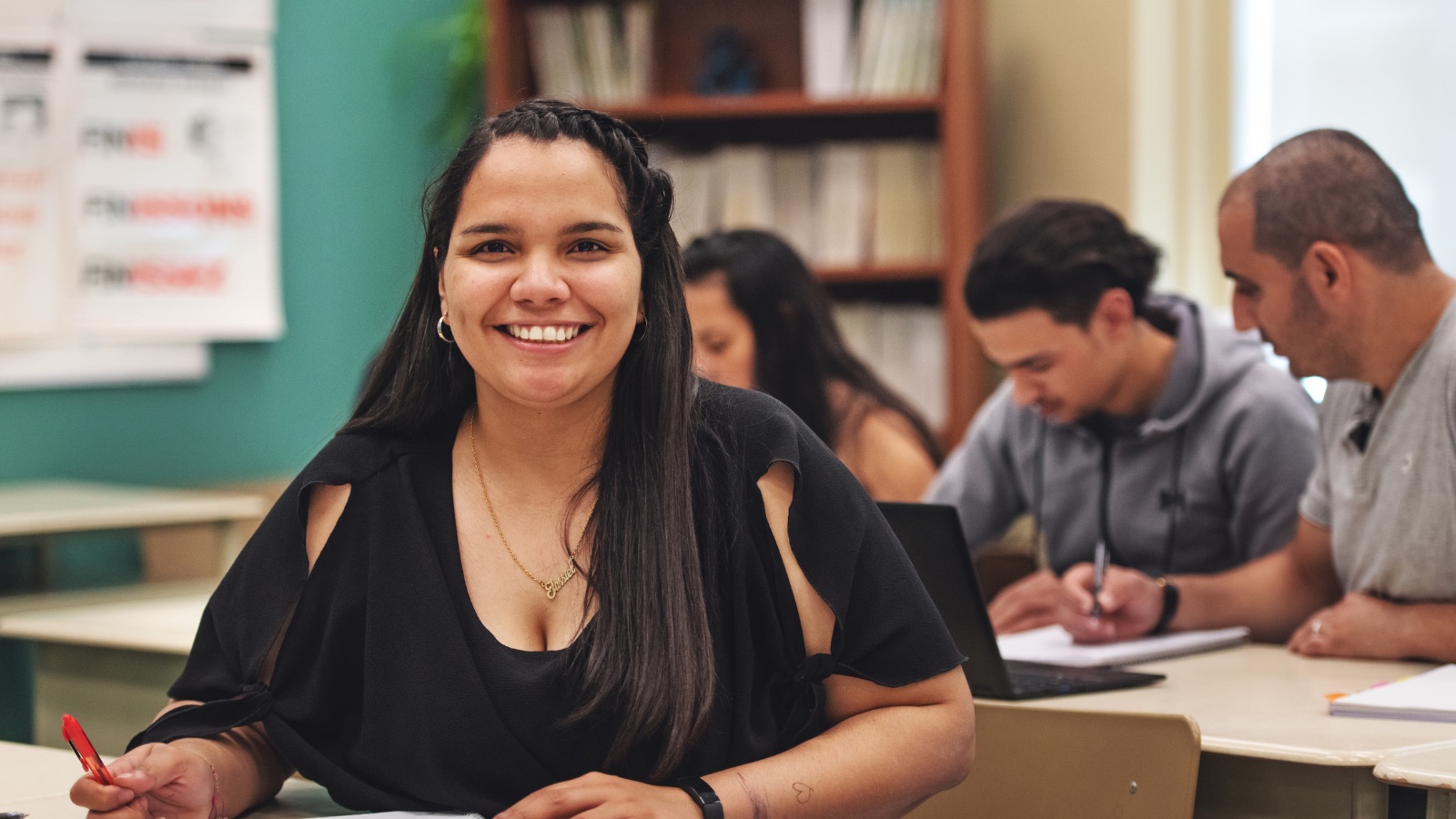CIRCL Supports

Cultivating Inclusive, Resilient Communities of Learning
Resources to Create Socially-, Culturally-, and Emotionally-Supportive Learning Communities
More than a decade’s worth of data from classrooms using Carnegie Math Pathways’ student supports shows that when we pay attention to key non-cognitive factors important to learning we can help students nurture their self-confidence as learners, improve their sense of belonging, and reduce their anxiety, positively impacting their course persistence and success (CCCSE 2019).
Centered around practices that foster supportive math learning environments, the CIRCL student support package included with the Quantway and Statway curricula helps instructors create a learning space where students feel an increased sense of belonging in the math classroom by being able to bring their authentic selves, engage in deep math learning relevant to their lives and experiences, and ultimately feel inspired and supported to curiously engage in mathematics exploration.
Key Components of the CIRCL Framework:
- BUILDING COMMUNITY: Caring classroom relationships foster students’ sense of belonging and create avenues for instructors to better understand their students’ identities, motivations, learning assets, and growth areas
- PROMOTING RELEVANCE: Centering students' cultures, lived experiences, values, and goals boosts engagement, understanding, confidence, retention, and problem-solving skills
- EMBRACING GROWTH: Normalizing struggle as a sign of learning acknowledges students as whole people, provides instructors with a valuable window into student thinking, and can boost student persistence and achievement
- AFFIRMING EMOTIONS: Emotions and learning are inextricably linked; supporting students in identifying, managing, and harnessing the power of their emotions creates a safe space for them to be their authentic selves and embrace learning challenges
- STRENGTHENING ‘KNOW-HOW’: Supporting students’ ability to navigate educational systems and processes and employ effective, research-backed learning strategies promotes agency and can reduce disparities in learning ‘know-how,’ particularly for first generation students
- ALIGNING SYSTEMS: CIRCL practices are most effective when there is coherence between students’ experiences in the classroom and the policies, practices, and norms of the wider school and district
Instructors can access CIRCL resources as embedded resources throughout all the Carnegie Math Pathways OER course material instructor notes, as well as through this standalone document.